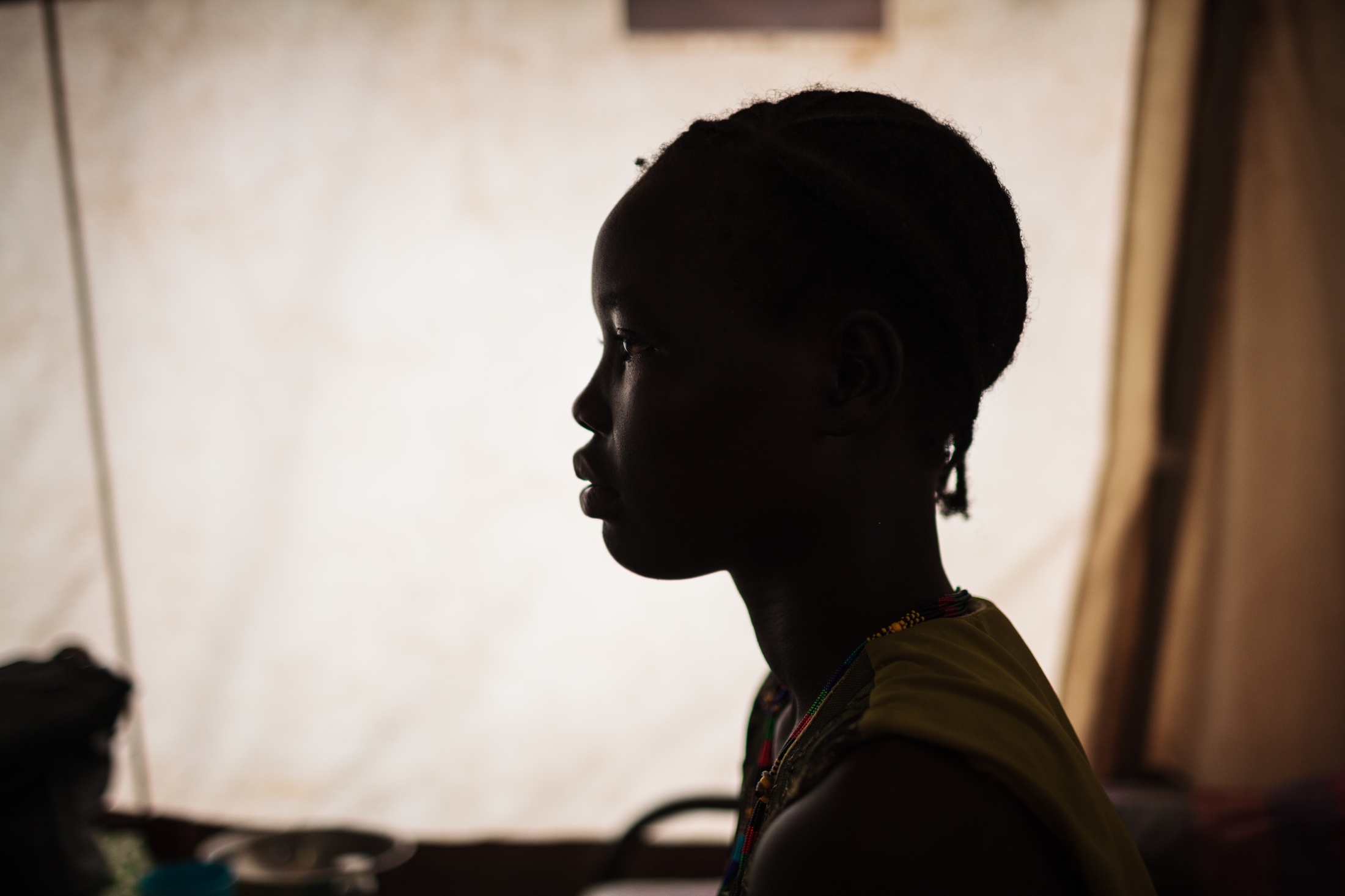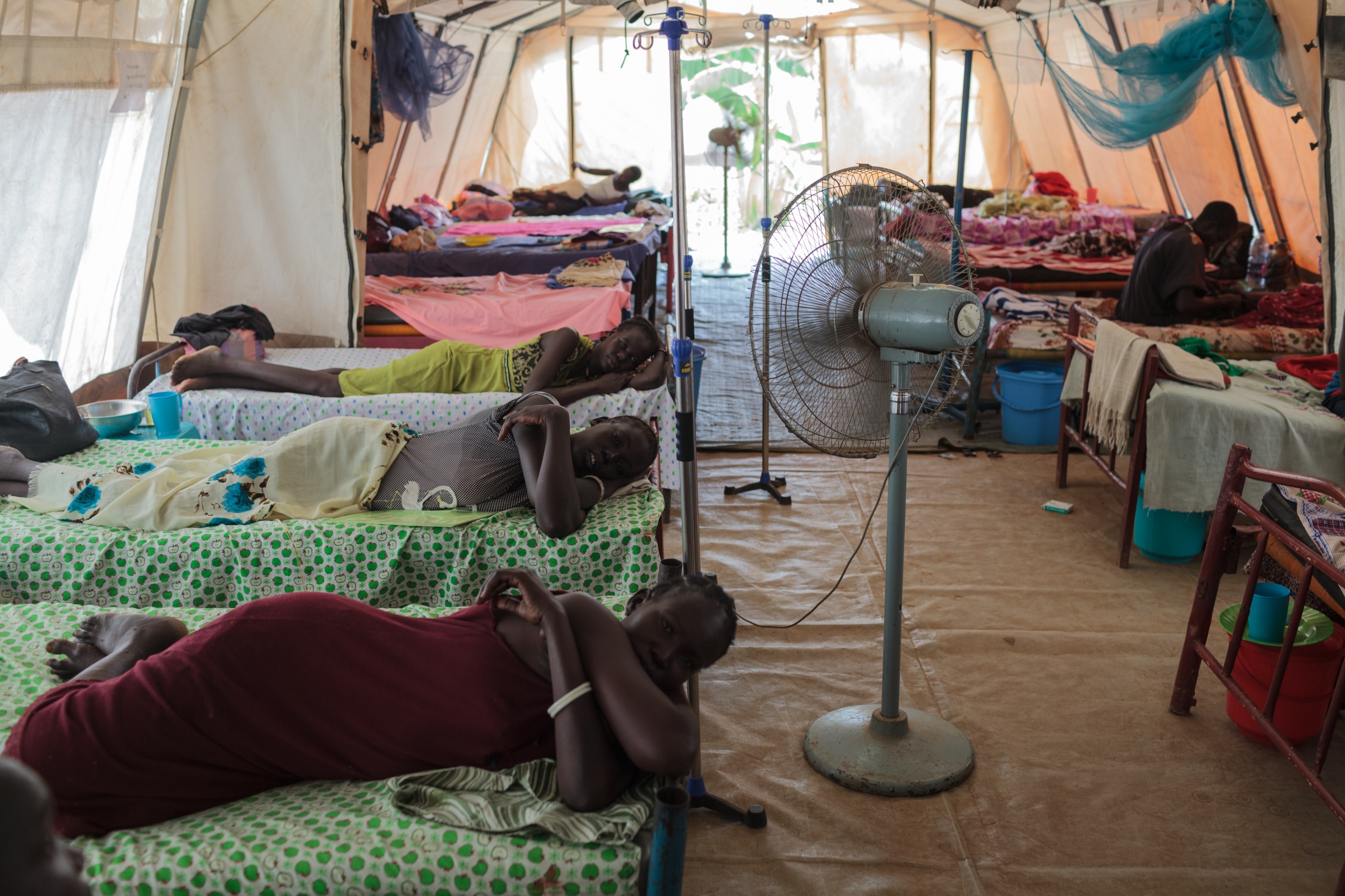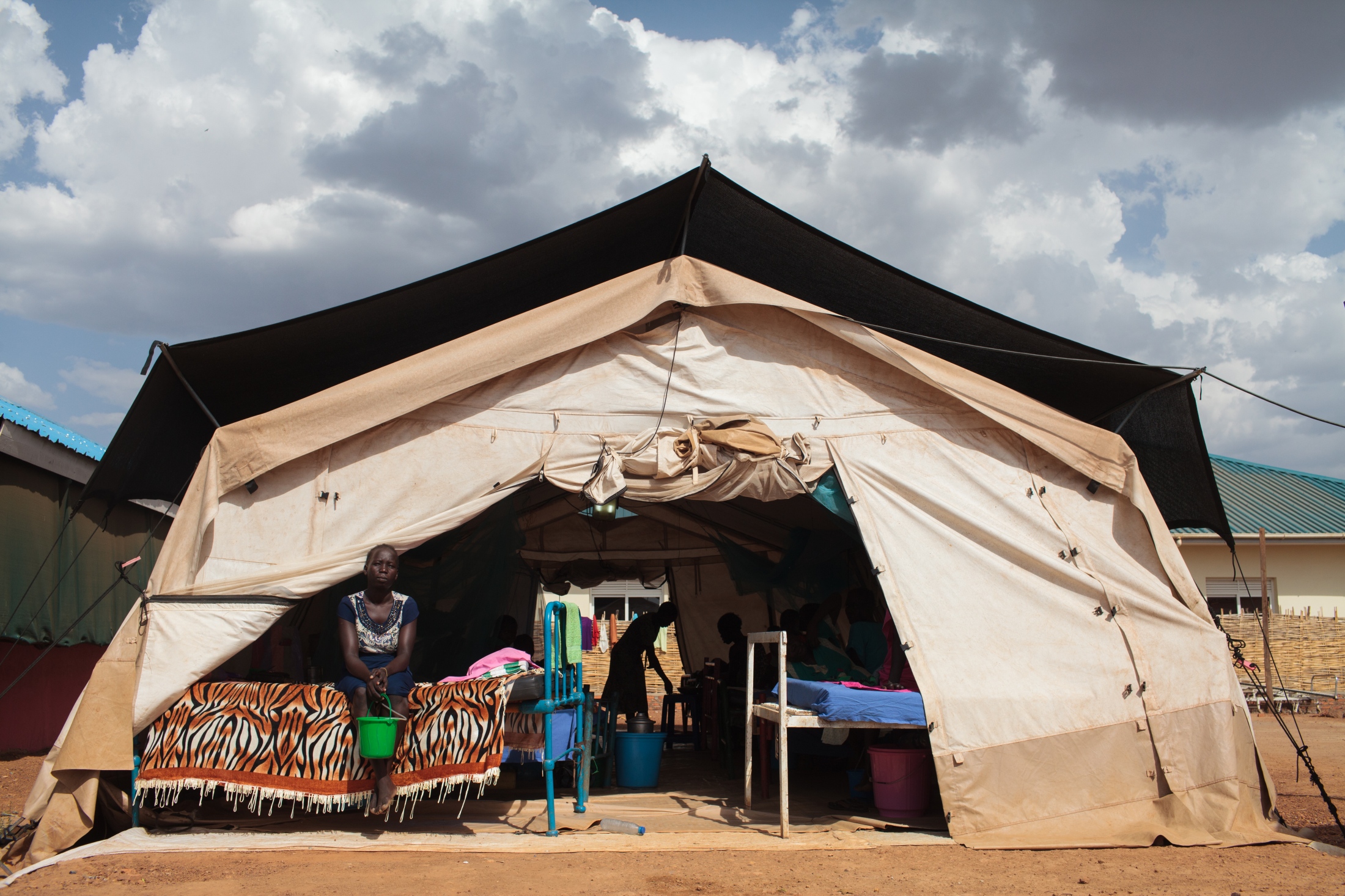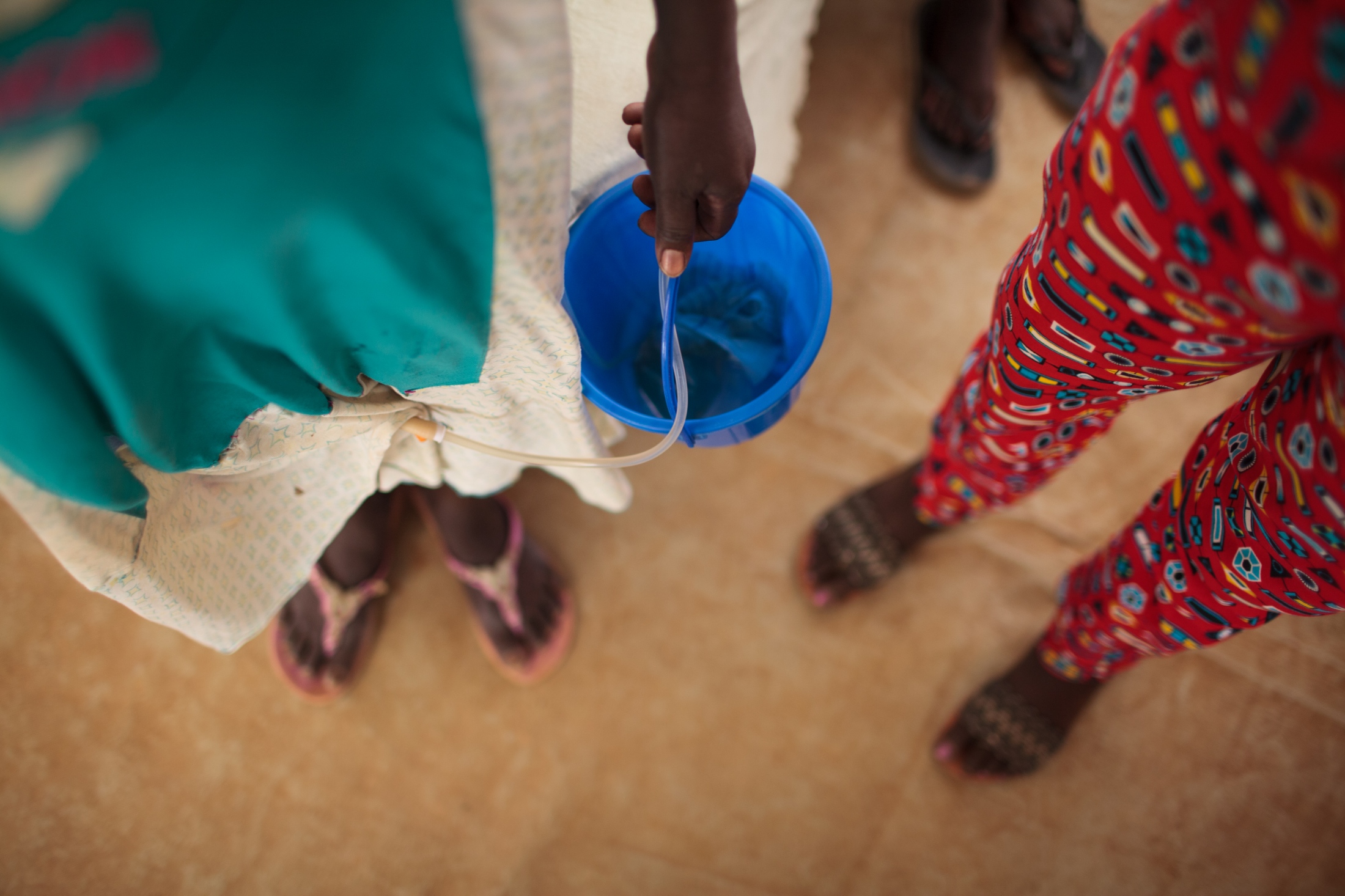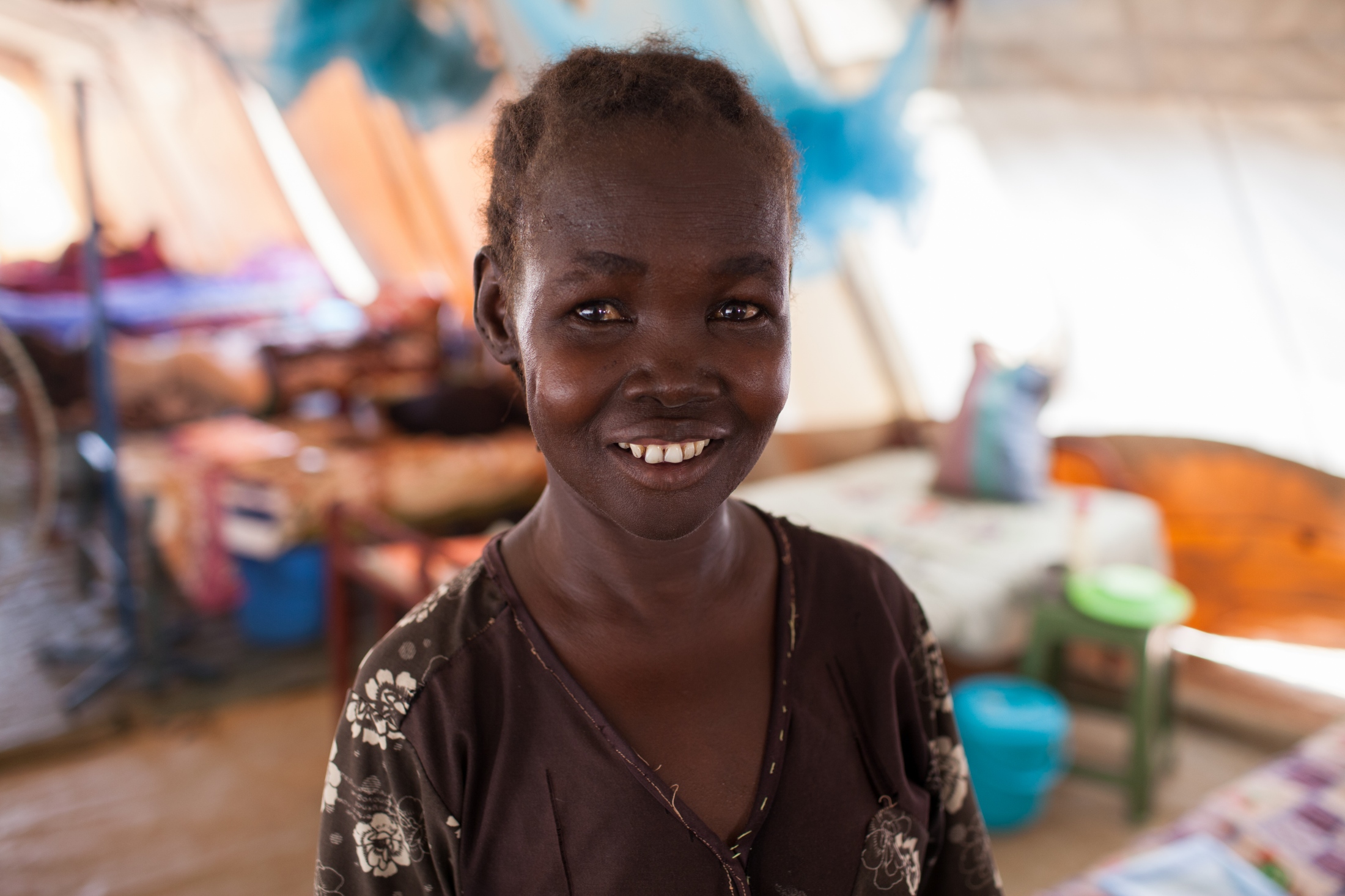Obstetric fistula is a devastating childbirth injury that affects many women in South Sudan, leaving them with long-term health and social consequences. The impact of obstetric fistula on women's lives is significant, as it often affects their ability to care for themselves and their families. Fistula survivors may experience psychological trauma, depression, and deteriorating health, as well as social stigma from their family and friends.
In addition, many women with obstetric fistula are unable to work or participate in their communities, further exacerbating their isolation and vulnerability. The work of UNFPA in South Sudan is crucial in providing care and support for women affected by obstetric fistula. Through their collaboration with the State Government and MSF, they have provided free corrective surgeries to fistula survivors at Aweil State Hospital. However, many women with fistula do not seek treatment due to the social stigma attached to the condition, and survivors often live with the condition for years or even decades due to a lack of access to treatment and associated isolation. Teenage pregnancy, early marriage, and lack of access to health facilities exacerbate the situation. According to UNICEF, 52% of girls in South Sudan are married before the age of 18.
Women who suffer from obstetric fistula may face difficulties in caring for their families, as the condition often results in incontinence, which can lead to further social isolation. It is crucial that efforts are made to address the issue of obstetric fistula in South Sudan and provide women with the necessary care and support to overcome the condition and its associated stigma. UNFPA's work is vital in this regard, and it is essential to continue supporting their efforts to improve the lives of women affected by obstetric fistula in South Sudan.
